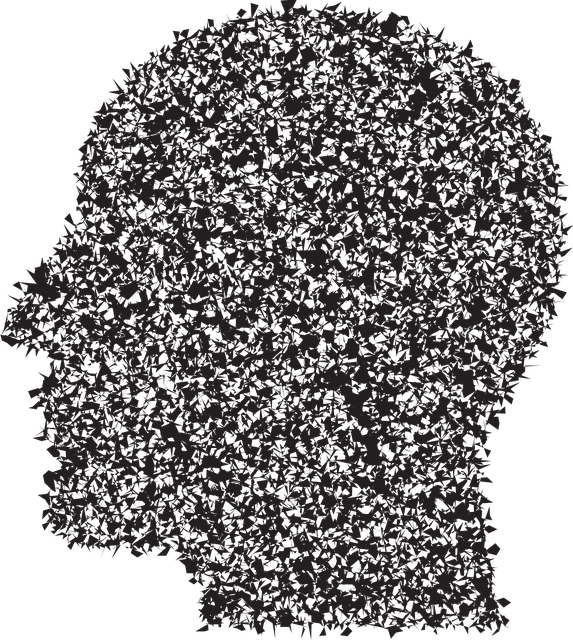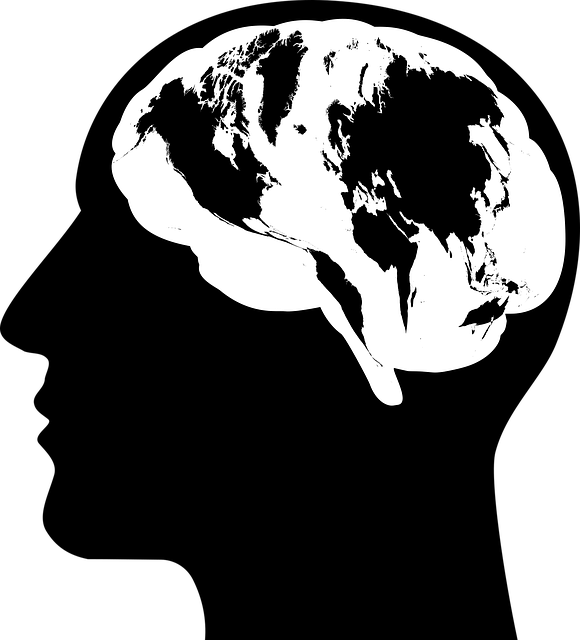Cultural sensitivity is crucial in treating postpartum depression (PPD) among young adults, a group often overlooked in mental health services. The current gap in specialized PPD training for healthcare providers contributes to misdiagnosis and untreated symptoms due to cultural barriers. Comprehensive training should focus on recognizing cultural variations in PPD expression, incorporating inner strength development, and preventing burnout to create supportive environments. Tailored interventions and emotional intelligence exercises enhance therapy outcomes, ensuring personalized care that addresses unique challenges from diverse ethnic, racial, and socio-economic groups, ultimately improving patient satisfaction and mental wellness for young adults with PPD.
Healthcare provider cultural competency training is an evolving necessity, particularly in diverse societies. Effective treatment hinges on understanding patients’ cultural backgrounds and integrating these insights into care plans. This article explores three critical areas: cultural competency in healthcare (a foundational need for quality service), the positive impact of cultural sensitivity on young adult mental health services, and specialized training for postpartum depression care, addressing a key gap in cultural awareness, especially pertinent to therapy for young adults and postpartum depression.
- Understanding Cultural Competency in Healthcare: A Necessity for Effective Treatment
- The Impact of Cultural Sensitivity on Young Adult Mental Health Services
- Specialized Training for Postpartum Depression Care: Bridging the Gap in Cultural Awareness
Understanding Cultural Competency in Healthcare: A Necessity for Effective Treatment

Cultural competency in healthcare is no longer a luxury but an essential requirement for providing effective treatment, especially when addressing mental health issues like postpartum depression among young adults. Understanding and respecting diverse cultural backgrounds, beliefs, and practices are crucial steps towards building trust and fostering meaningful connections between patients and healthcare providers. In the context of therapy for young adults with postpartum depression, cultural competency ensures that interventions are sensitive to the unique experiences and challenges faced by individuals from various ethnic, racial, and socio-economic groups.
The integration of crisis intervention guidance tailored to cultural nuances can significantly enhance the effectiveness of support systems. Emotional intelligence and self-awareness exercises play a pivotal role in this process, enabling healthcare providers to recognize and navigate potential communication barriers, biases, or misunderstandings that may hinder progress. By adopting these practices, mental health professionals can offer more personalized care, ultimately improving patient outcomes and satisfaction.
The Impact of Cultural Sensitivity on Young Adult Mental Health Services

Cultural sensitivity plays a pivotal role in enhancing mental health services for young adults. In a diverse society, healthcare providers must be equipped with the skills to navigate the unique challenges faced by this demographic. Young adults, especially those dealing with postpartum depression, often require tailored support that considers their cultural backgrounds and personal experiences. For instance, a patient from a community where open discussions about mental health are taboo might benefit significantly from a therapist who employs gentle encouragement and guidance through journaling exercises, fostering an environment of trust and understanding.
Communication strategies that bridge cultural gaps can profoundly impact treatment outcomes. The mental wellness journal can serve as a common ground, allowing individuals to express themselves without the pressure of direct conversation. Through this process, healthcare providers gain valuable insights into their patients’ lives, enabling them to offer more personalized therapy and improve access to effective care for young adults struggling with mental health issues like postpartum depression.
Specialized Training for Postpartum Depression Care: Bridging the Gap in Cultural Awareness

Specialized training tailored to address postpartum depression (PPD) among young adults is a crucial gap in healthcare provider cultural competency. While PPD is a significant mental health concern, particularly among new mothers, many healthcare systems lack targeted interventions and culturally sensitive approaches to support this demographic. This oversight can lead to misdiagnosis and inadequate therapy for young adults experiencing PPD, exacerbating existing social and cultural barriers to care.
Bridging this gap requires comprehensive training that goes beyond general mental health awareness. It involves equipping healthcare providers with skills to recognize cultural nuances related to PPD expression in diverse populations, including minority ethnic groups and those from different socioeconomic backgrounds. By integrating inner strength development and burnout prevention strategies for healthcare providers, we can foster a supportive environment that encourages early intervention and effective therapy for young adults struggling with PPD, ultimately promoting mental wellness within these communities.
Cultural competency training is a game-changer in healthcare, especially when addressing issues like mental health and postpartum depression. By enhancing cultural sensitivity, as evidenced by the impact on young adult therapy and specialized care, providers can offer more effective treatments tailored to diverse populations. This article highlights the importance of such training, demonstrating that it’s not just a nice-to-have but a necessity for quality healthcare, particularly in addressing mental health challenges among young adults and managing postpartum depression with cultural awareness.










